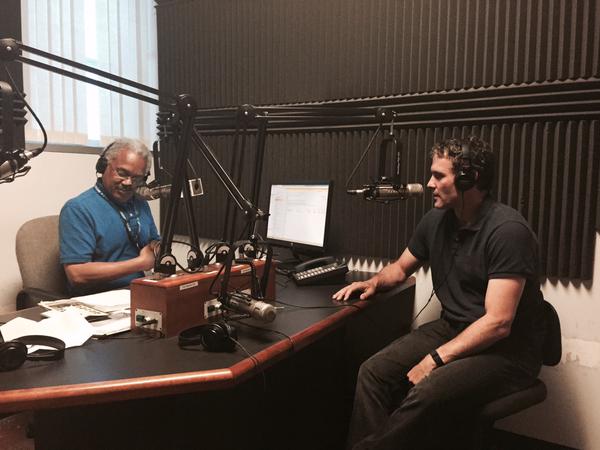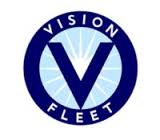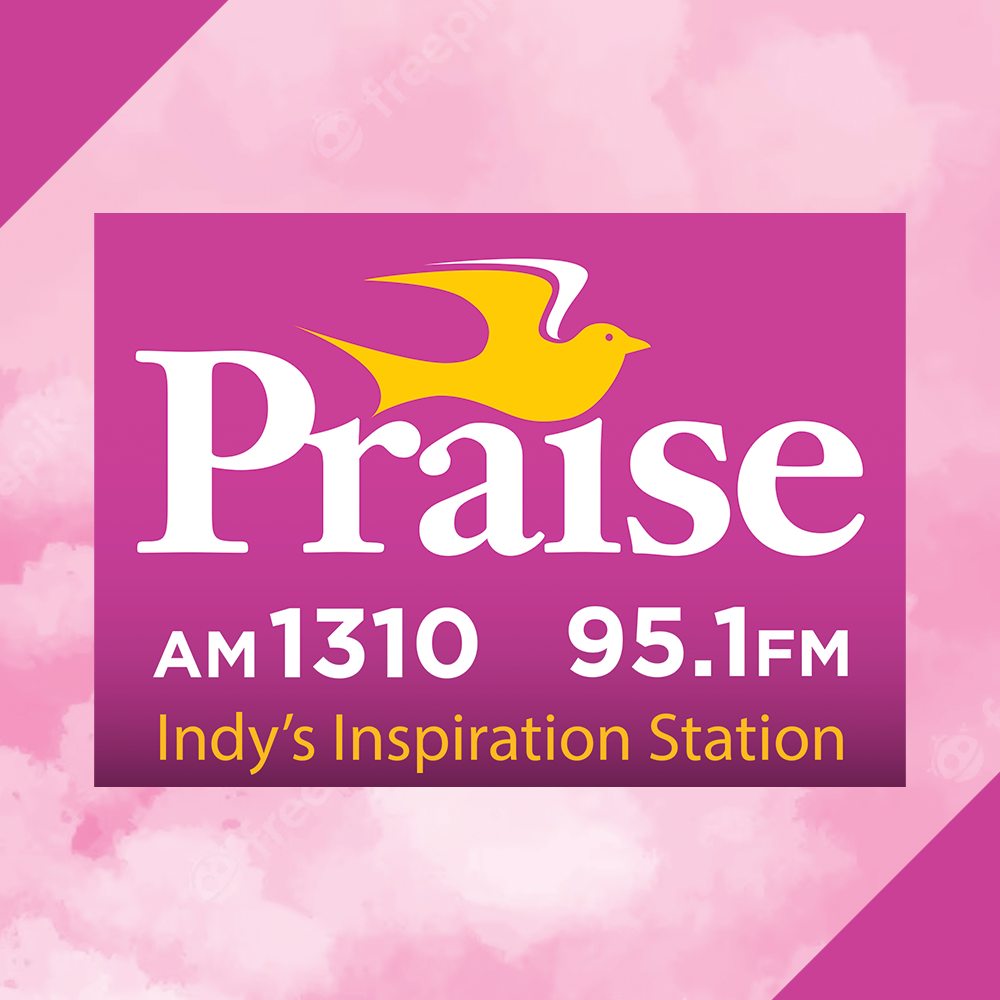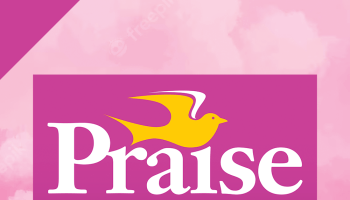
Vision Fleet CEO Michael Brylawski (R) in Studio With Amos
The Afternoons with Amos PODCAST for Thursday, May 28, 2015. (At The 53:45 Mark Of PODCAST Media Player). Electric cars and the City of Indianapolis haven’t had been embroiled in controversy from the start. First there was the controversy over the Blue Indy electric car sharing service, where the City wanted electric customers in the city/county to pay a major part of the start-up costs. The proposal elicited sharp anger from residents and taxpayers. Then came Mayor Greg Ballard’s Energy Security Program where the city would attempt to convert its entire fleet of vehicles to electric, hybrid of natural gas burning to help reduce America’s dependence on foreign oil. That proposal, announced in December 2012, bore fruit when the City entered into a seven year contract with a relatively unknown firm Vision Fleet. Based in Los Angeles, Vision Fleet said they would purchase the cars themselves from local dealers and manage the operation of the vehicles for the city. But a couple of months ago controversy raged when it was revealed that the original contract with Vision Fleet indicated the deal was to be a lease, but then revised to reflect it was a Management Services Contract. The deceptions by City officials caused the City-County Council to prepare to authorize suing the City to stop the deal saying the process violated state law and city ordinances. In his first extended interview on the subject, Vision Fleet’s CEO Michael Brylawski appeared on Afternoons with Amos to tell his story. A graduate of Stanford and MIT, Brylawski had worked for several alternative energy companies. A self professed Democrat, Brylawski says his company is the type of “green” business candidate, then, President Barack Obama cited in his initiatives to have increase electric car usage. Brylawski told Amos and listeners that originally the City wanted to do a leasing deal with Vision Fleet. But when they talked to companies, no one wanted to help Mayor Ballard and Indianapolis achieve its objectives. Vision Fleet said they could do it, but not as a lease/purchase deal. They argued allow Vision Fleet to obtain the tax breaks for purchasing electric vehicles, because cities can’t get the break themselves and those savings would accrue to the City in lower costs. Brylawski maintains the City never told him that it was formal City poicy as stated in a December 12, 2012 Executive Order of Mayor Ballard, that the electric fleet policy was to be lease/purchase and run through the City’s Procurement Department. Instead of through the Department of Public Works.

City of Indianapolis Freedom Fleet Car

Brylawski denied that Indianapolis Speedway top exec Mark Miles or another Indianapolis business heavyweight David Johnson had anything to do with Vision Fleet. Brylawski admitted they don’t have formal offices, just shared office space saying they had reduced overhead to reduce costs and pass on savings. Brylawski said Vision Fleet has spend $9 million of their own money, while paying the city $1.5 million so far. Brylawski said he’s committed to meet the City’s MBE/WBE/VBE goals, but said that he’s never been put in touch by City Officials with Greg Wilson head of the City’s Office of Minority-owned Business Development. Brylawski said that would be local job opportunities and opportunities with minority businesses given Vision Fleet plans to spend millions building charging stations and facilities for the City’s Electric vehicle fleet.

Caitlin Hannon
(At The 02:22 Mark On The PODCAST Media Player) Also on this Afternoons with Amos, Caitlin Hannon with the Indianapolis Office of Teach Plus and an IPS School Board Member talked about a proposal that will be discussed in the community in June to create a unified application process to afor enrollment students in IPS and s charter schools run by the Indianapolis mayor’s office. Hannon says its a way to help IPS and charters better understand and predict areas of the city where demand for existing schools is growing and better manage classroom space for both IPS and charters. The proposal is also looking for ways to make the enrollment process easier and less complicated. Along with ways of providing parents and grandparents better information about schools so they can make more informed school choices for their children. Hannon also briefly talked about the IPS Board deciding on limited steps staff can take to deal with student fights and violence and on the coing Code of Conduct and Discipline for IPS students. The Afternoons with Amos PODCAST For Thursday, May 28, 2015 Runs 92 Minutes ©2015 WTLC/Radio One. The PODCAST Begins After A Brief Video Ad.















